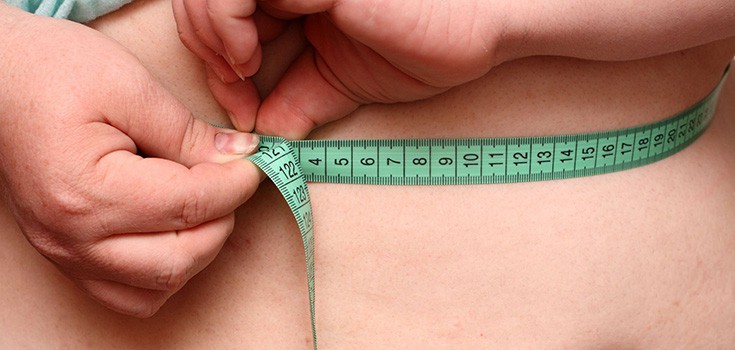Obese Mothers Found to Transfer Insufficient Vitamin D Levels to Offspring

The vitamin D and weight loss connection has been found before, but even newer research is drawing a link. According to a new study, obese mothers are passing along extremely low levels of vitamin D to their unborn child. It is possible that vitamin D becomes trapped inside the fat tissue so that there is less available to circulate through the body.
Previous research has found that either that being obese causes lower levels of vitamin D, or low levels of vitamin D increase the risk of weight gain. But this study focused on both lean and overweight mom’s, finding that lean women transferred more vitamin D to their offspring than the obese women.
“Nearly all of mothers in this study reported taking prenatal vitamins, which may be the reason why their own vitamin D levels were sufficient, but the babies born to the obese mothers had reduced levels of vitamin D,” said Jami L. Josefson, M.D., first author of the study. “It’s possible that vitamin D may get sequestered in excess fat and not transferred sufficiently from an obese pregnant woman to her baby.”
For the study, 61 women had their levels of vitamin D were measured at 36 to 38 weeks gestation. Further umbilical cord blood was tested from babies after birth. Body fat, weight and volume of the babies were also measured. Interestingly enough, obese women who took prenatal vitamins during their pregnancy may have had plenty of vitamin D exposure, but their children were still deficient. This finding supports the theory that the vitamin D may get trapped in fat.
“The range of body fat of the babies in this study was similar to other studies reporting neonatal body fat,” Josefson said. “What was novel about this study was that we found babies born with higher vitamin D levels had more body fat. That’s in contrast to studies in children and adults who have an inverse relationship between levels of vitamin D and body fat, where the higher their vitamin D, the lower their fat.”
These findings are in line with another study that has now indicated women who start their pregnancy with an insufficient amount of vitamin D may pass this deficiency on to their children.
What is Vitamin D?
Vitamin D is a fat-soluble vitamin that plays and incredibly important role in the body. Some sources of vitamin D include foods such as egg, fish, cod liver oil and fortified dairy (dairy is not a recommended source), but the best place to go for a vitamin D boost is the sun. A mere 10-15 minutes minutes daily in the sun (during peak UV hours) could be enough to keep deficiencies at bay.
Through optimizing your vitamin d levels, you will be keeping your bones strong, and protecting yourself from numerous conditions including osteoporosis, cancer, hypertension, and autoimmune diseases.
While more research is presently being conducted, it is possible that obese women may need a larger amount of vitamin D supplementation in order to provide sufficient levels to their developing children. Alternatively, the best solution would be for the mothers to lose weight for the baby’s health.
Additional Sources:
